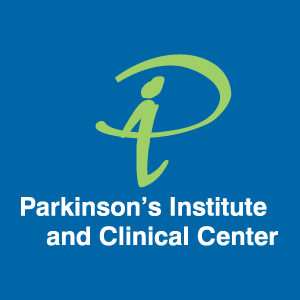About the Molitor Lab

Ty Molitor, Ph.D.
Dr. Molitor focuses on understanding cellular signaling mechanisms, particularly kinase signaling, that go awry in Parkinson’s disease, employing a multitude of disciplines and model systems in order to dissect pathologic signaling events. His focus on kinase biology began during his doctoral training at the Medical College of Wisconsin under Dr. Paula Traktman, examining the influence of the viral F10 kinase on the life-cycle of the vaccinia virus. This research led to a body of work dissecting the mammalian Vaccinia Related Kinase (VRK) family culminating in two single author papers on the role of VRK1 in nuclear envelope breakdown and tumorigenesis in an orthotopic xenograft model of breast cancer.
Since joining the Parkinson’s Institute and Clinical Center (PICC), Dr. Molitor has been working to understand the contribution of the Leucine Rich Repeat Kinase 2 (LRRK2) in Parkinson’s disease (PD) pathogenesis focusing on targeting the kinase domain as a potential therapeutic. Additionally, he has developed preclinical drug screening model of Parkinson’s that focuses on the gut-brain axis. Ty and his team have examined six novel interventions to advance toward a treatment for Parkinson’s.
Ty has over 10 years of experience working with and developing genetic rodent models of disease. Since his assignment PICC has expanded our studies to include multiple genetic models of PD in the three major genetic contributors to PD: leucine-rich-repeat kinase 2 (LRRK2), alpha-synuclein (SNCA) and glucocerebrosidase (GBA). These models will further our investigation of prospective therapeutic for multiple genetic facets of PD.
Currently, Dr. Molitor is an adjunct researcher for the Parkinson’s Institute and Clinical Center directing preclinical trials performed by PICC scientists. He recently joined E-Scape Bio where he is focused on drug development in the pursuit of slowing or halting neurodegenerative disease.
